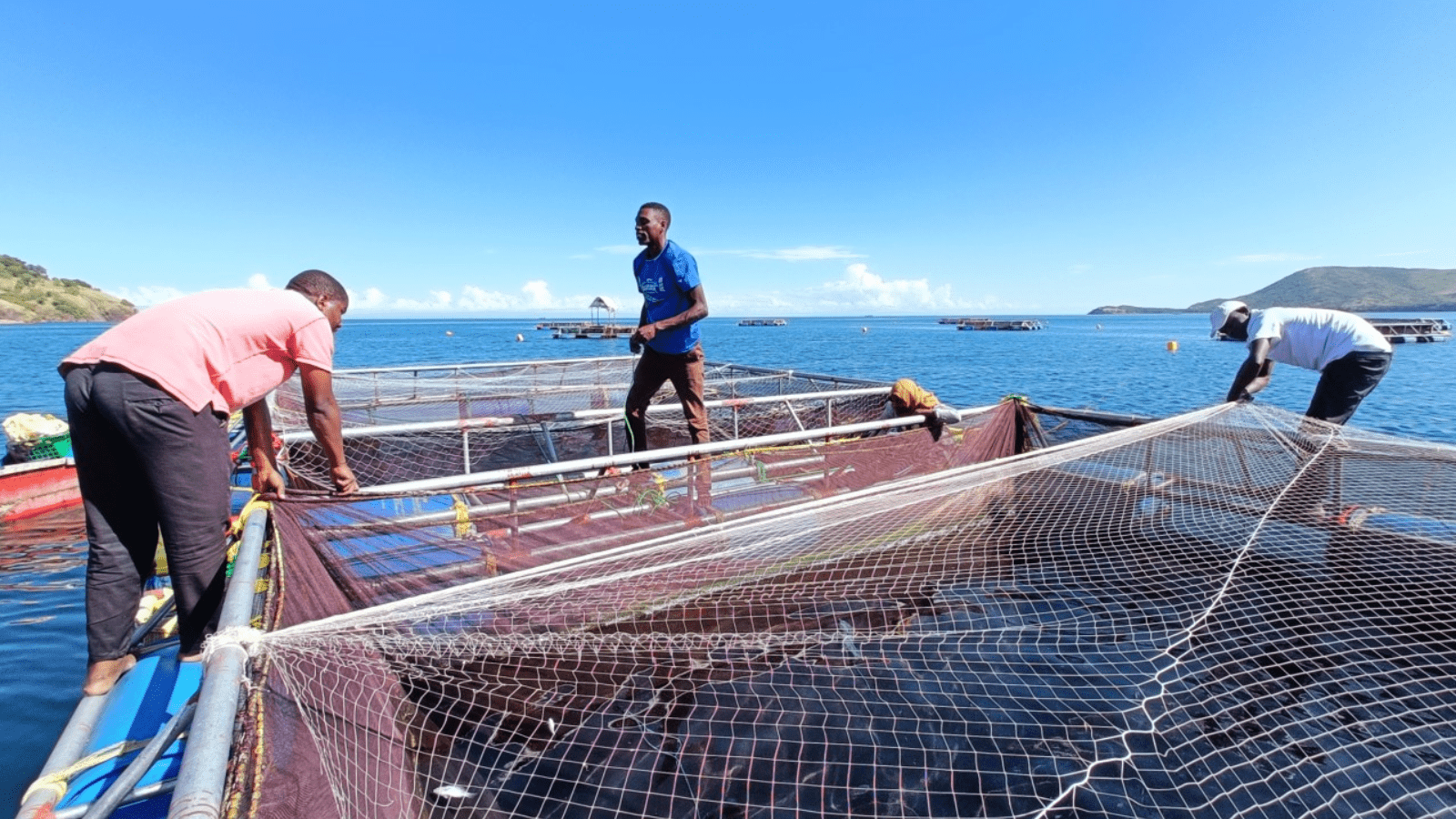
Facing a significant deficit in domestic fish production, Ivory Coast imported a staggering 800,000 tonnes of fish in 2024 alone.
This heavy reliance on imports has prompted urgent action, as the country launched a strategic project on August 1, 2025, in partnership with the Food and Agriculture Organization (FAO), to advance its transition to a sustainable blue economy.
The workshop, supported financially by the African Development Bank (AfDB), aims to identify key levers and initiatives to boost Ivory Coast’s blue economy—an approach that seeks to sustainably harness the country’s aquatic and marine resources.
Despite the country’s vast potential, imports currently account for nearly 88% of the nation’s fish consumption, placing strain on its economy and trade balance.
Abou Bamba, Special Advisor to the President on Environment, Oceans, and the Abidjan Legacy Program, highlighted the gravity of the situation: “It’s huge, it’s not good for our balance of payments, it’s not good for the economy, it’s not good for the cost of living either.”
UN Resident Coordinator Hélène N’Garnim-Ganga emphasised the importance of the national roadmap for the blue economy, stating it “aims to guarantee food security and develop the economy.” She described the transition as “a strategic requirement to strengthen the resilience of coastal populations and promote sustainable development in harmony with marine ecosystems.”
The plan aims to mobilise both public and private investments to diversify Ivory Coast’s economy by developing fishing, environmental protection, training, local governance, and innovation.
Assoumany Gouromenan, Chief of Staff at the Ministry of Animal and Fisheries Resources (MIRAH), described the vision as “a Côte d’Ivoire rich in its aquatic, continental and marine ecosystems, used sustainably and resilient to climate change.”
Thanks to AfDB funding and FAO technical support, the government has developed a comprehensive Strategic Framework, an Investment Plan, and a Development Program to guide the blue economy transition.
Joseph Neymah, FAO Resident Representative, announced $300,000 in funding to support these efforts, signalling international backing for Ivory Coast’s push to reduce fish imports and secure a sustainable future for its marine resources.



